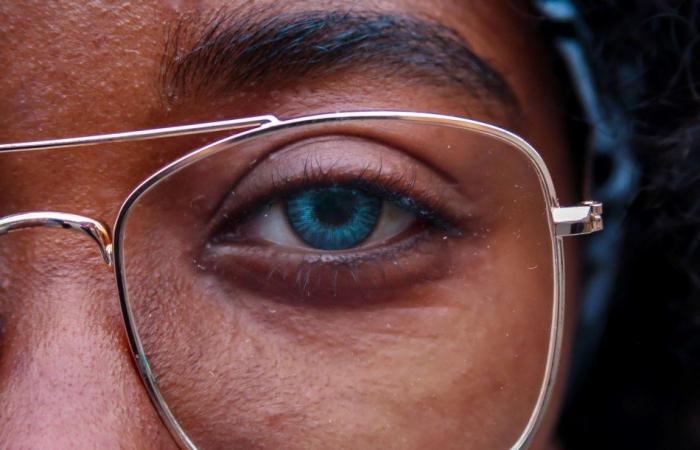Before presenting this new concept, let us recall that an application is a small program dedicated to a particular task available on a mobile phone or tablet.
Tested by more than 400 users, this new application called Loupe DMLA has already won over professionals concerned with visual health, including orthoptists and ophthalmologists.
« This application has become an essential tool in our daily practice, both in the office and for our patients outside “, declares an orthoptist user on this occasion.
For patients, this free application helps them with its magnifying glass. However, today, everyone is equipped with a smartphone, including seniors, so this application should appear on many phones in the weeks and months to come!
Read also: Odysight, an application that tracks the evolution of the vision of patients with retinal diseases.
In practice, it is an ultra-powerful electronic magnifying glass for reading, enlarging, increasing contrast with simplified settings for magnification, contrast and LED lighting. It also has a tele-magnifier that transforms your smartphone into a practical tele-magnifier and finally, it is equipped with an AMD simulator that helps loved ones understand the effects of the disease on vision.
With AMD Magnifying Glass « We want to transform the way people with AMD live their daily lives ” explains Yves Jacquot, director of Thomas Sinclair Laboratories.
All developments are undertaken with various partners from the world of science, technology and medicine, and more particularly in the sectors of optics, health and ophthalmology.
It is important to know that AMD affects 8% of French people. It is the leading cause of visual impairment in those over 50. And 25 to 30% of those over 75 suffer from it. Given the aging of the population, these figures could increase in the years to come.






